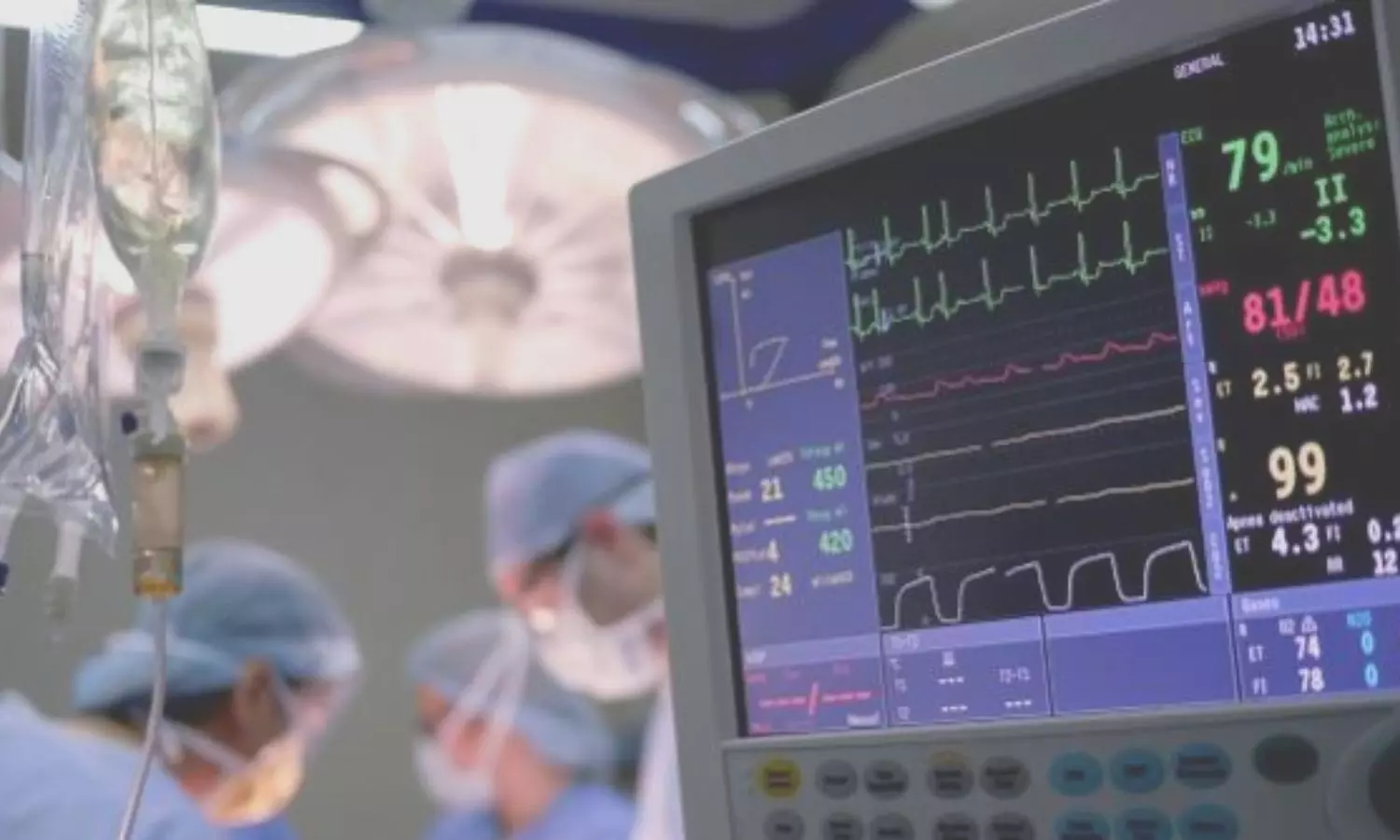Interrelation between Heart Failure and Cancer may need Multidisciplinary Approach, suggests study

A recent scientific statement from the Heart Failure Society
of America discussed the various risk factors, mechanisms, diagnosis, and
management strategies and also the relationship between heart failure and
cancer. The article was published in the Journal of Cardiac Failure.
Heart failure and cancer have a complex link with shared biological
processes of inflammation, cell death, mutations, and hormonal alterations. One
condition can lead to the risk of developing into another. Specific genetic markers
like clonal hematopoiesis increase the risk of cardiac disease and cancer. Mutations
of these markers have similar poor outcomes in both cancers and cardiac
diseases.
Hypertension, Diabetes, obesity, and habits like smoking
increase the risk of heart failure and cancer when under-addressed leading to
complicated course. Literature in the past has shown that hypertension can
increase the risk of cancer and diabetes that is linked to inflammation and
oxidative stress can lead to cardiac pathologies and cancers.
Heart failure can also occur as a treatment side effect in
cancers. Chemotherapeutic drugs like anthracyclines, HER-2 targeted therapies
and radiotherapies can cause heart failure in cancer patients. Alkylating
agents like cyclophosphamide can cause acute heart damage, antimetabolites like
5-fluorouracil can cause temporary heart conditions, and tyrosine kinase inhibitors
also can cause cardiac complications. However,
early detection and intervention can help in managing certain cardiac conditions.
Individuals at high risk of cardiac morbidities from cancer
therapies have to be evaluated by regular echocardiograms, blood markers, and
troponins to track their cardiac health. Individuals who show early signs of
cardiac malfunction can continue the cancer therapies with cardio-protective
medications. In the case of advanced cardiac diseases while receiving cancer
therapies a multidisciplinary approach is needed to balance both cardiac and
cancer diseases.
They have also mentioned that in individuals who are
undergoing advanced therapies like stem cell transplants and immunotherapies myocarditis
can occur. In such cases, heart imaging and genetic profiling should be done to
reduce the risk.
Researchers also emphasized a multidisciplinary approach
with cardiologists, oncologists, palliative care, pharmacy, and nursing teams
in monitoring, identifying, and preventing cardiac complications. Preventive
strategies using a multidisciplinary approach can improve the quality of life
and reduce the burden of heart failure in long-term outcomes for cancer
patients.
Further reading: Cardio-Oncology and Heart Failure: A Scientific Statement from the Heart Failure Society of America. Doi: 10.1016/j.cardfail.2024.08.04





